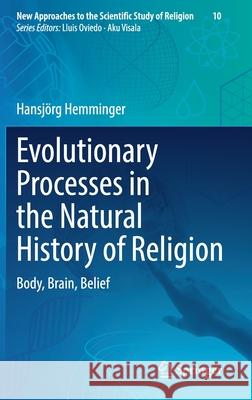Evolutionary Processes in the Natural History of Religion: Body, Brain, Belief » książka
topmenu
Evolutionary Processes in the Natural History of Religion: Body, Brain, Belief
ISBN-13: 9783030704070 / Angielski / Twarda / 2021 / 375 str.
Evolutionary Processes in the Natural History of Religion: Body, Brain, Belief
ISBN-13: 9783030704070 / Angielski / Twarda / 2021 / 375 str.
cena 442,79
(netto: 421,70 VAT: 5%)
Najniższa cena z 30 dni: 424,07
(netto: 421,70 VAT: 5%)
Najniższa cena z 30 dni: 424,07
Termin realizacji zamówienia:
ok. 22 dni roboczych.
ok. 22 dni roboczych.
Darmowa dostawa!
Kategorie:
Kategorie BISAC:
Wydawca:
Springer
Seria wydawnicza:
Język:
Angielski
ISBN-13:
9783030704070
Rok wydania:
2021
Wydanie:
2021
Numer serii:
000806786
Ilość stron:
375
Waga:
0.49 kg
Wymiary:
23.39 x 15.6 x 1.42
Oprawa:
Twarda
Wolumenów:
01
Dodatkowe informacje:
Wydanie ilustrowane











